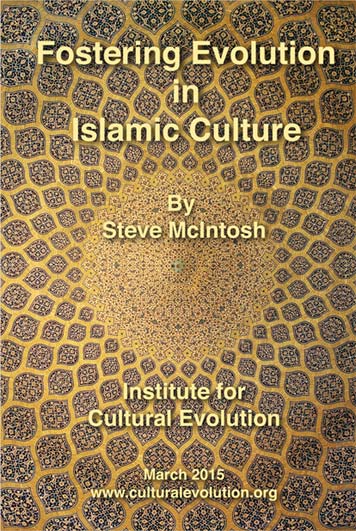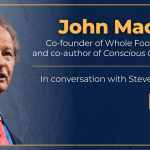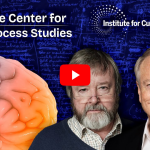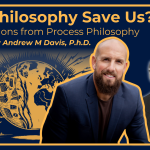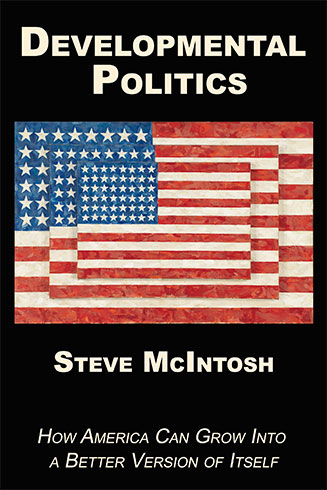The ongoing rise of radical Islamism in the twenty-first century is a difficult and dire problem, for which cultural evolution is really the only viable permanent solution. But to overcome this growing threat to world peace and security, not only will Muslims themselves need to evolve, the developed world as a whole will need to grow and mature into a more moral form of civilization. Recognizing how the challenges of militant Islamism can serve as a powerful stimulus for the further evolution of all the forms of culture that are contributing to the problem—pre-modernity, modernity, and postmodernity—is the focus of Steve’s paper.
Building on the work of moderate Muslim intellectuals, in this 2015 article published by The Institute for Cultural Evolution, Steve argues that the Islamic cultural reform needed to overcome radical Islamism depends on the underlying reform of the religion of Islam itself. Yet in order to persuade moderate Muslims to reform their religion, the necessary vision of a reformed Islam must retain the deeply spiritual convictions upon which Islam is founded. Muslims are arguably the most religiously devout people in the world. And their stalwart faith prevents them from settling for a secular, watered-down version of Islam as the future course of their religion’s development. In order for a reformed version of Islam to be sufficiently attractive to Muslims so as to persuade them to transfer their loyalties to a more modernist-friendly form of their faith, a post-secular cultural perspective will be necessary. In response to this challenge, the evolutionary worldview advocated by ICE can provide just the kind of post-secular understanding of the evolution of human faith that is needed to foster the reform of this venerable religion. See also, Jeff Salzman’s interview of Steve on this paper.


